I hope to ask for help regarding this code.
Task is to omit the vowels and print the non-vowels only.

I could only omit 1 vowel at time.
# Prompt the user to enter a word
# and assigne it to the user_word variable.
user_word = input('Please enter a word:')
user_word = user_word.upper()
for letter in user_word:
if letter == 'A':
continue
print(letter)
Please enter a word:alaska
L
S
K
How do I correct the code to include all vowels? Thank you.